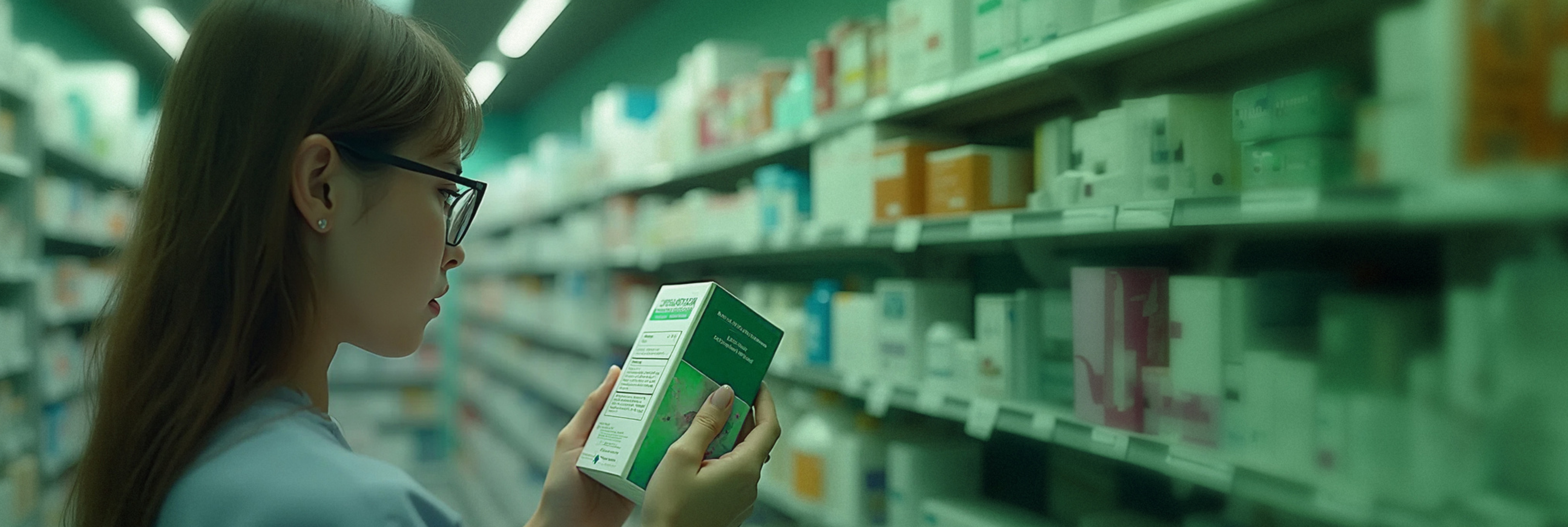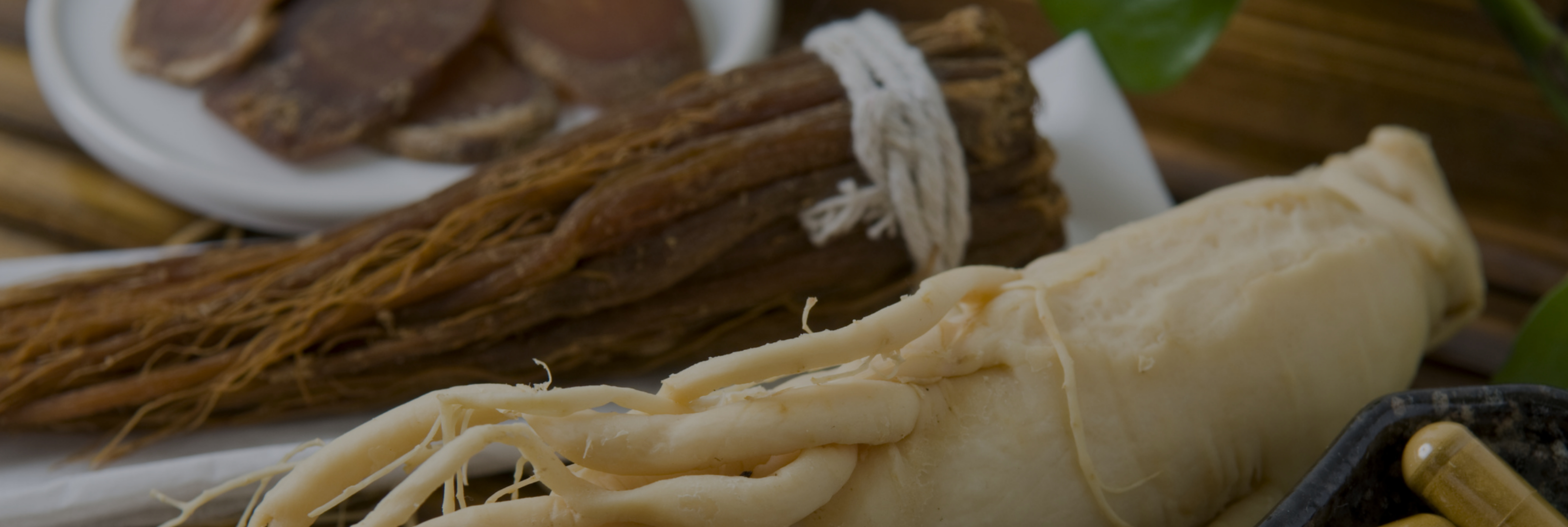The nutraceutical landscape is evolving extremely quickly in our society in economic and cultural upheaval. Companies are having to adapt, to be committed, to be increasingly transparent, but also proactive and innovation is the key to their long-term success...
Consumption is no longer a passive act, rather it is a deliberate act when we evaluate the impact of our purchase. According to Innova Market Insights, the "Mindful Choice" is the number 1 trend for consumers [1], meaning that consumers want to be stakeholders in this consumption behaviour. They thus need to be secured with regard to the quality of ingredients and products’ origin.
On the US market, one out of every three consumers consider at least one of following factors as important when deciding on a purchase including: minimised impact on the environment, guaranteed quality and security, regulatory conformity, respect for employees, ingredients used and origin [2].
The product must be sound, with no synthetic ingredients and must also respond to our ethical and moral values.
Nowadays, brand reputation is built on transparency and customer trust. Customers today need to be reassured and this trend is even more obvious since the beginning of the COVID 19 crisis.
It’s not enough to just show a cover up, nice packaging with a couple claims; customers want to go behind the scenes, understand how things work and how brands operate.
In response to these concerns, the nutraceutical industry is committed to guaranteeing transparency ; professionals are turning toward more responsible supply chains, more reliable and stronger while guaranteeing the traceability of each and every ingredient in order to keep their promise on the integrity and quality of products marketed.
Investing in a responsible and transparent approach is no longer for purely marketing purposes, but it is rather a need inherent in the company strategy based on communication.
This trend can be found in the packaging with labels such as « packaging made from recyclable plastics », « raw material from… », « manufactured in … », « GMO free » or with « organic », « Fair For Life » logos, etc.
All these indications prove the reliability and quality for the consumers who find themselves involved in the history of the product.
All these indications are essential but the buyer, whether the end consumer or a B2B client, expect compelling evidence.
To keep promises and justify their storytelling, digital means (blogs, photos, videos, e-books, QR codes…) have become essential tools.
This demonstrates that the entire procurement supply chain is managed thus convincing « ethical consumers » by embarking them on the various stages of the production story: discover the producers, presentation of growing and environmental conditions, demonstration of different sustainable development actions set up to protect the planet and improve working conditions.
This growing quest for transparency, closely linked to the need for authenticity and naturalness, is exacerbated by the situation we are going through now.
Sources :
[2] Inside the bottle - Supply chain commitments pave the road to supplement quality and transparency

President & Partner Natural Origins





Leave a comment